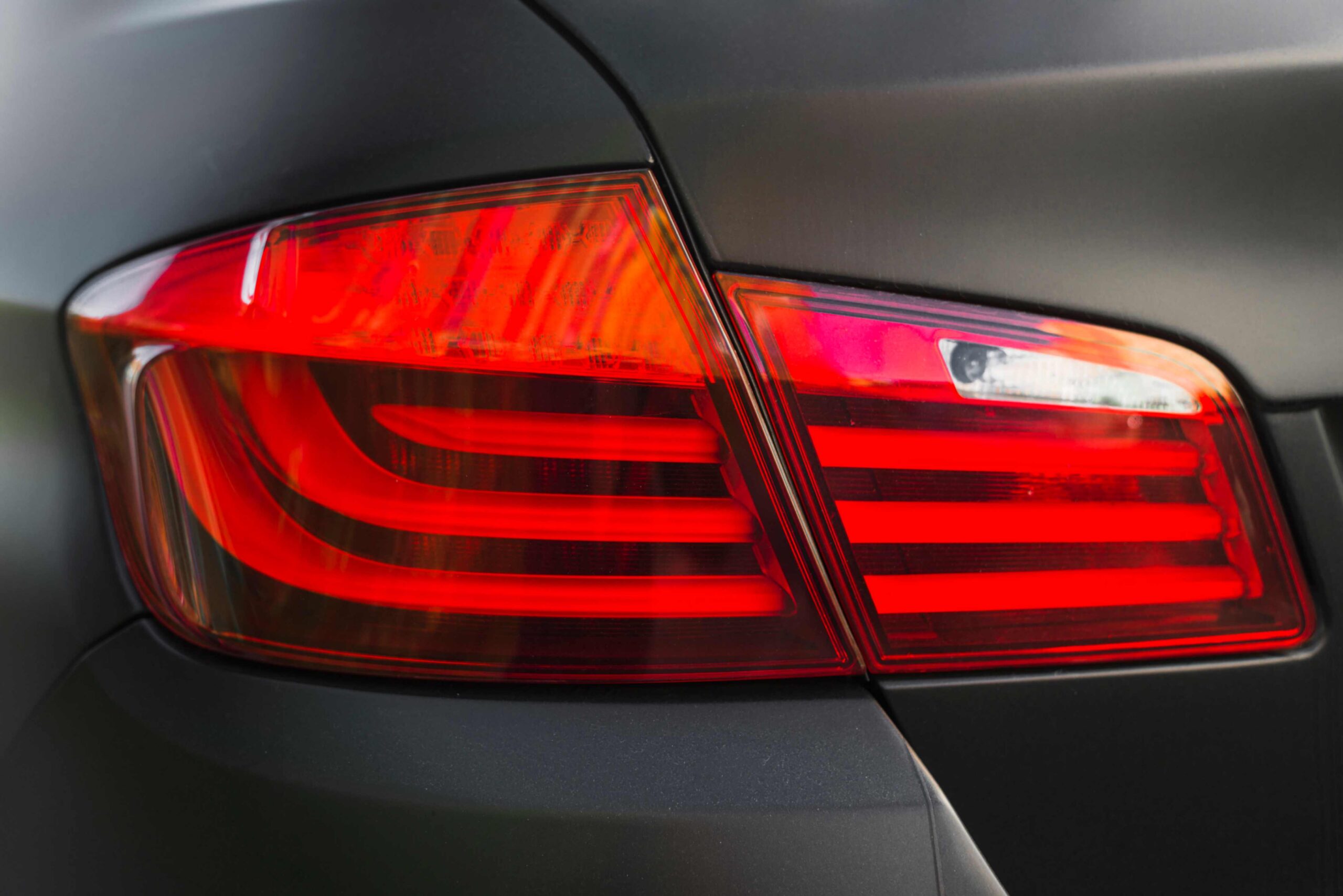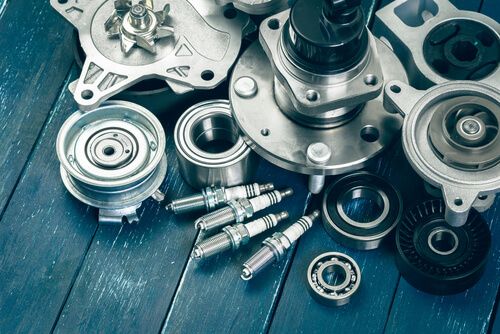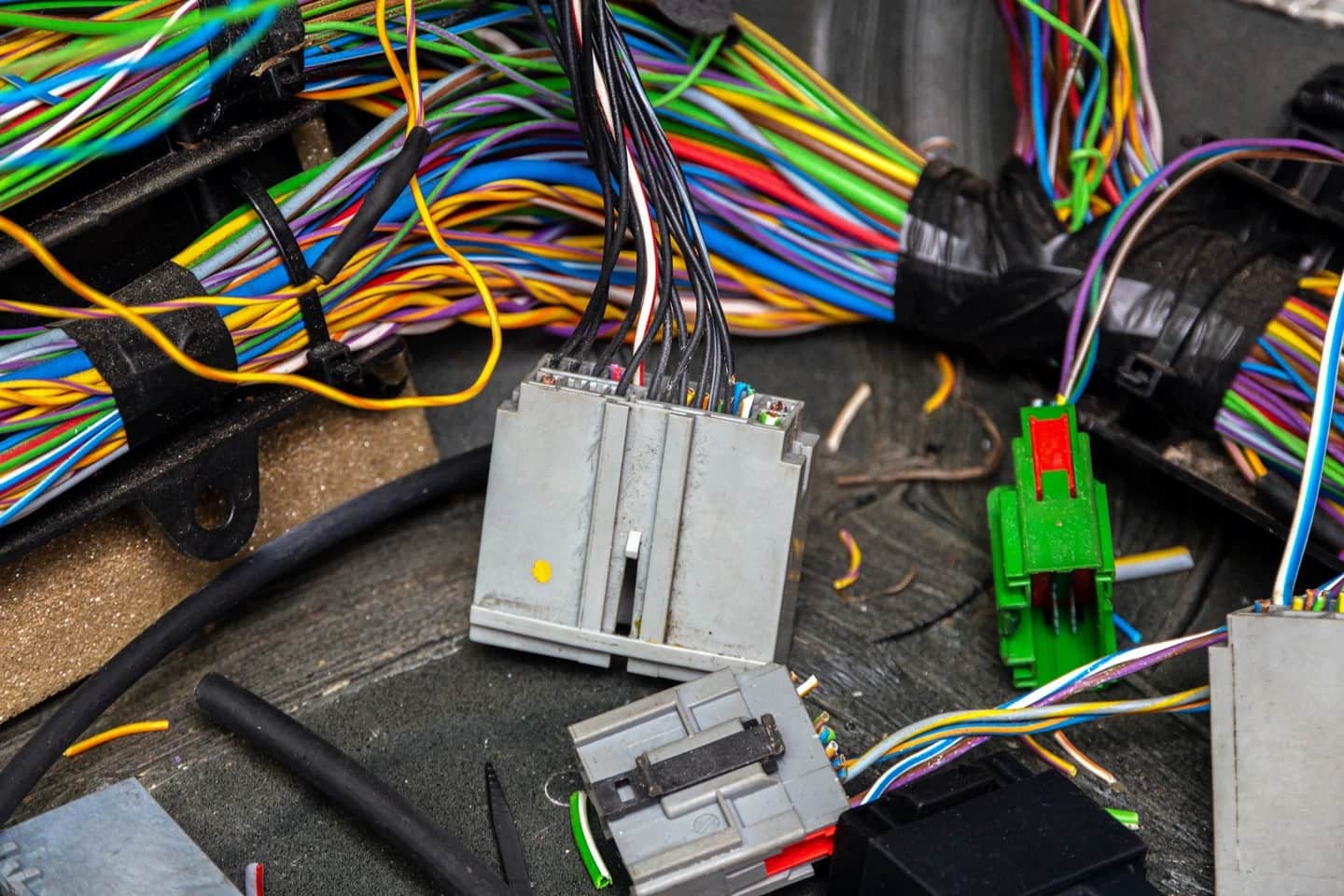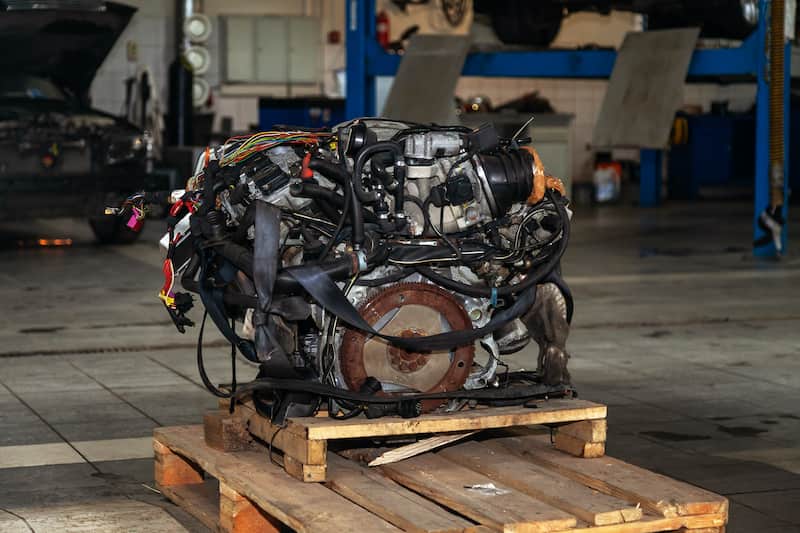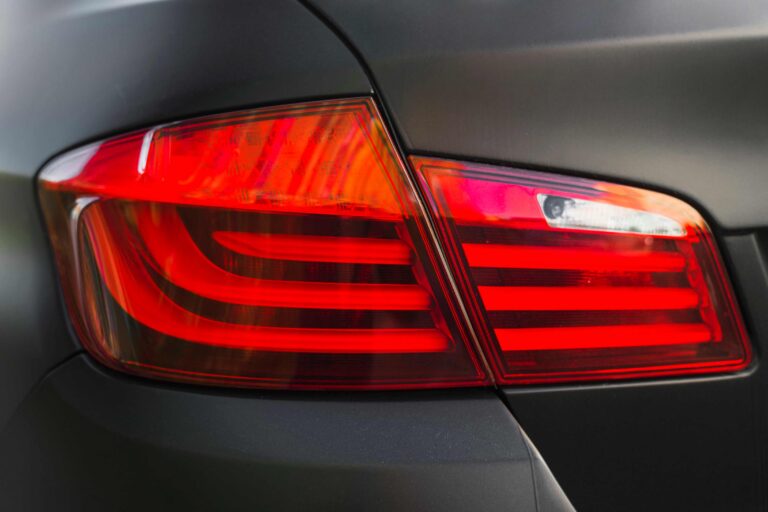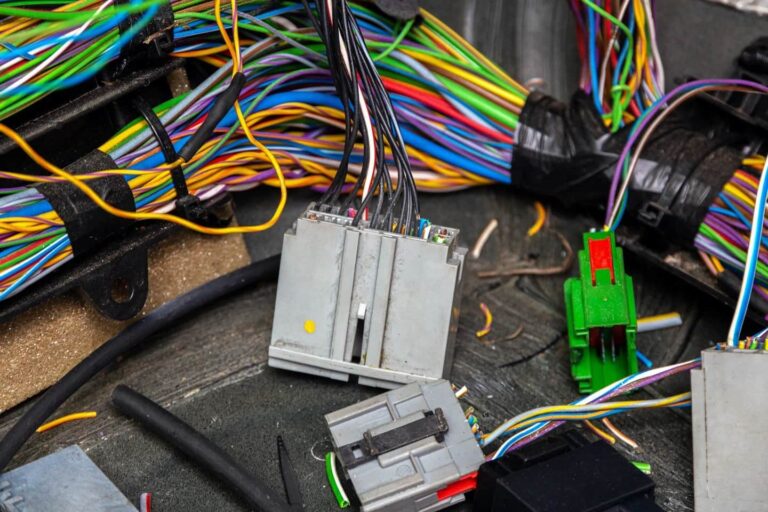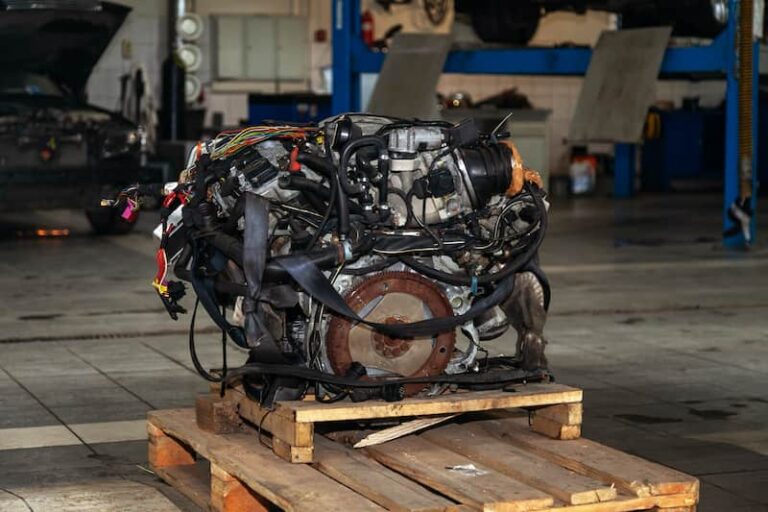The majority of new-age cars include systems that alert you when maintenance is required or a problem is about to arise. So on such occasions having a basic understanding of the components and processes that keep an automobile running is beneficial. You should be aware of the most crucial components of your car. One such element is the cooling car fans. The following article will give a summary of the many automotive electric radiator fan types as well as other information pertinent to this piece of machinery.
Table of Contents
ToggleImportance of Electric Radiator Fan

Cooling car fans really matters for our cars’ proper functioning. It is widely used in vehicles with water-cooled engines and promotes the safe and effective running of the engine. Cooling fans assist in maintaining engine temperature when your vehicle is at rest or moving.
The electric radiator fan system’s main duty is to dissipate this heat into the air to prevent the engine from overheating, but it also performs a number of other vital tasks.
Your car’s engine performs best when the temperature is moderately high. When an engine is cold, parts deteriorate more quickly, it runs less efficiently, and it produces more emissions. Therefore, allowing the engine to heat up as rapidly as possible and then maintaining the engine at a steady temperature is another crucial task of the car fans’ cooling system.
The design, functionality, and material used to make car cooling fans vary. They are available in plastic and metal varieties, with thermoplastic plastic as the more common type of material.
The CFM number (cubic feet per minute) is an important point to relate to the efficiency of the car fans. The fan’s power increases with the CFM.
Working of Cooling Fans

Car engine overheating and operating produces a lot of heat. The engine will stall down or perhaps blow up if this heat is not eliminated. Coolant is pumped around the engine to stop this from happening. After heating, the coolant is sent to a radiator to cool.
The radiator has long, thin tubes that give off heat through a huge surface area. The cooling fan’s job is to maintain a steady airflow that assists in cooling the coolant before it returns to the engine.
A mechanical fan uses a temperature-sensing clutch to activate and disengage.
The latter expands and activates the fan when it becomes sufficiently hot. The fan stops spinning when the temperature starts to drip. However, there is no need for such a thermal clutch in an electric cooling fan.
It makes use of an electric motor that temperature sensors control. Since it can be programmed to turn on and off at particular temperatures, the fan is quite effective.
Types of Cooling Car Fans
● Mechanical Fan for Car
The engine powers these fans. Mechanical cooling fans for cars usually rest on the water pump pulley. There are two variations of these fans: clutch-based and flex. A thermostatic clutch engages the flywheel in the clutch-based fan.
The flex fan adjusts the quantity of air flowing through the radiator using flexible blades that flatten at higher engine rpm.

Since mechanical fans have electric components, maintenance is fairly simple. This kind of fan is also strong and effective in moving a lot of air. However, the mechanical fan’s size is a drawback.
Compact cars can’t use it because of how much space it takes up. Older cars commonly have mechanical fans.
● Single Cooling Car Fan
This style of cooling fan forces air through the radiator using a single fan configuration. The setup is adequate for most engines’ cooling requirements.

● Dual Cooling Car Fan
This particular fan is put together in pairs. Together, they work to drive air through the radiator core and produce a more substantial cooling effect. Large engines that need a greater CFM rating frequently have dual cooling fans installed.

● Universal Car Cooling Fan
A wide variety of car brands can utilize universal fans. The ability to improve or modernize engine systems makes these fans popular among auto mechanics.

● Electric Cooling Fans for Cars
Instead of using automotive engines, the power supply to electric cooling fans is given by DC motors. A relay built inside the component turns on the power circuit for the electric fan. There is also a fuse that protects the fan from power spikes.

The electric cooling fan is set to spin whenever it is necessary, at the appropriate speed. Since the fan does not rotate with the engine, the airflow is more uniform.
The ability to individually turn on and off electric fans makes it possible to create a cooling system that is more effective and efficient. Because they lack pulleys and belts, they are smaller than mechanical fans.
If you want to buy a radiator or cooling car fan, then visit the International used auto part section of auto vehicle parts for a wide range of products for every automobile and model.
Frequently Asked Questions (FAQs)
Why doesn’t my fan work in my car?
Fortunately, a fuse, a defective relay, or a broken wire are the three most frequent causes of radiator fans not working. Additionally, a coolant temperature sensor, a malfunctioning fan, or low coolant levels can also be the reason.
Why won’t my car fan turn off?
There are a few reasons why your automobile fan will continue to operate even after the engine is off, such as Radiator Hoses, Coolant Temperature Sensor, PCM or ECU, Wirings, Coolant Leakage, etc.
Why is my car cooling fan so loud?
A fan may screech, howl, or produce other noises due to bent or broken blades, worn bearings, and uneven spinning assembly.


